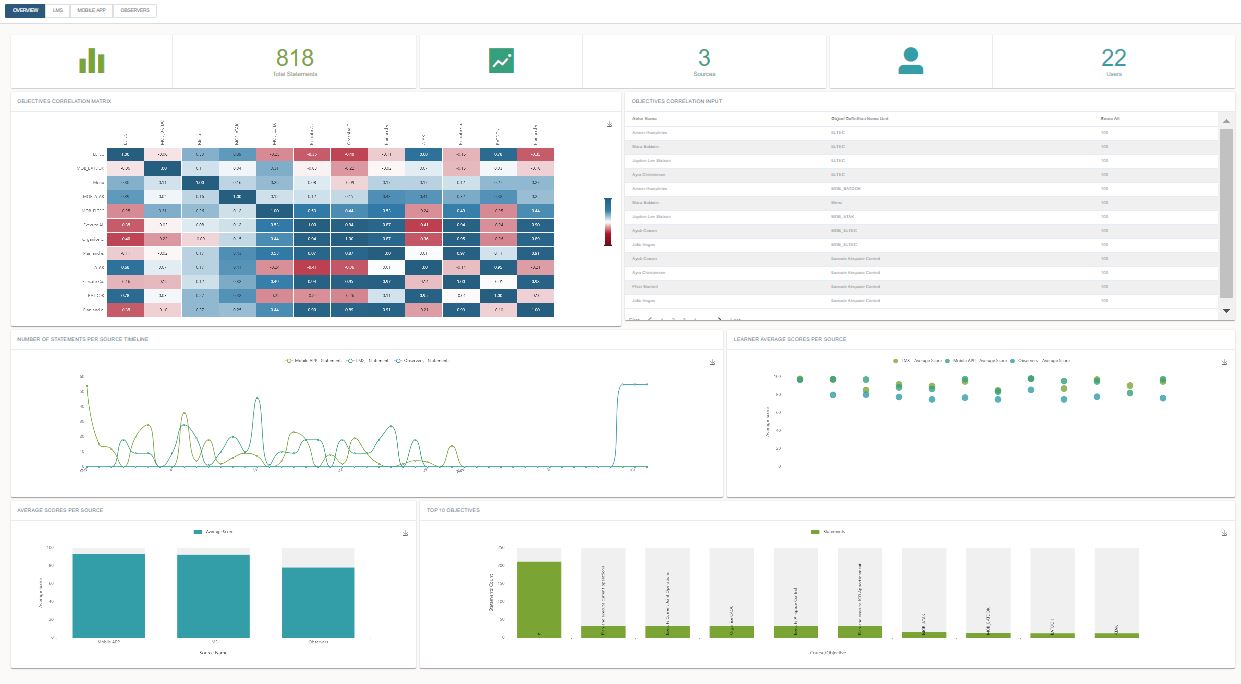Maturing ADL in Exercises (MADLx)
The four-year Maturing Advanced Distributed Learning in Exercises (MADLx) project made substantial advancements in addressing two major challenges faced by joint and coalition military training exercises: the integration of eLearning resources for instruction and planning, and the difficulty in effectively assessing participant achievement and event return on investment.
MADLx initiatives enhanced a succession of training events, including VIKING 18 and VIKING 22—the largest multinational computer assisted command post exercises in the world—the Swedish Armed Forces’ Combined Joint Staff Exercise (CJSE) 19 and CJSE 21, staff and joint headquarters exercises at the National Defense University of Ukraine (NDUU), and the US Joint Staff J6 Bold Quest 20.2 and Bold Quest 21 resource pooling and data collection and analysis events.
Our multifaceted work with joint and coalition exercises for the MADLx project included:
- Designing, building, deploying, and field testing a prototype Return on Investment (ROI) dashboard providing real-time data analytics and visualization with input from multiple platforms
- Designing, building, and deploying xAPI-compliant eLearning courses and micro-learning resources
- Standing up and securely managing Learning Record Stores (LRS) and Learning Management Systems (LMS)
- Leveraging learning analytics on tactical objectives with sensor data in a live exercise
- Incorporating learning analytics into Joint Conflict and Tactical Simulation (JCATS) software
- Integrating ADL into exercise management cycles as a formal component of the core planning team
- Creating and securely maintaining a dedicated exercise scenario and wiki website for pre-training and in-exercise reference
The MADLx project was funded through the US Department of Defense’s ADL Initiative, which bridges across DoD and other federal agencies to encourage collaboration, facilitate interoperability, and promote best practices for using distributed learning to provide the highest-quality education, training, informal learning, and just-in-time support to increase readiness, save resources, and facilitate interorganizational collaboration.

